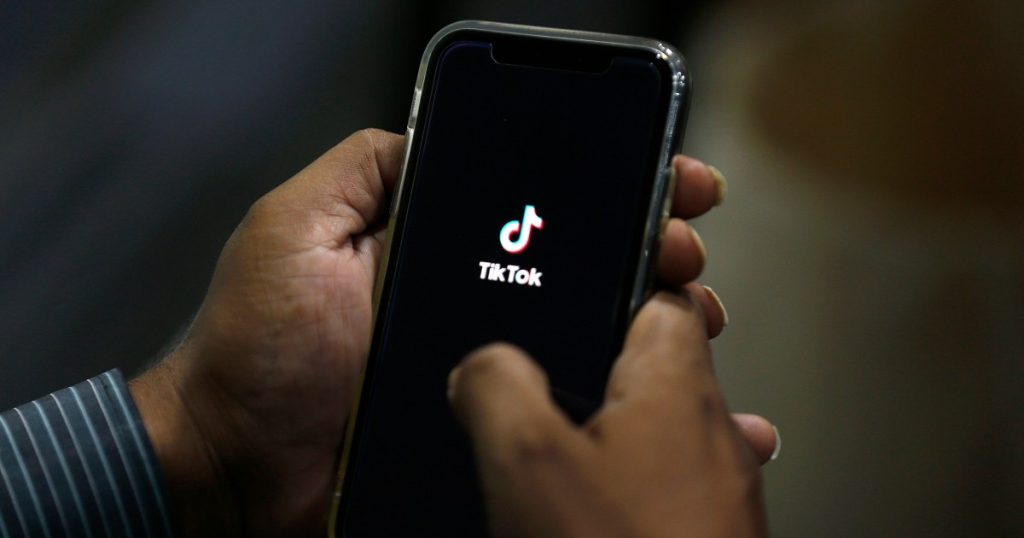TikTok announced that it would be further restricting the reach of state-affiliated media accounts outside of their home countries, labeling such accounts as those that are subject to the influence or control of their governments. This initiative began in 2022 with Russian, Ukrainian, and Belarusian state-controlled media and has since expanded to over 40 countries. The platform aims to combat “covert influence operations” through these restrictions, especially during a historic election year where about 4 billion people across 76 countries, including the U.S., are voting for their next leaders. TikTok, with roughly 170 million American users, has already disrupted several influence operations and removed thousands of associated accounts in the first four months of 2024.
Following concerns about outside manipulation and influence attempts, TikTok has announced that state-affiliated media accounts will not be featured on the platform’s “For You” page, which recommends videos to users, and will be prohibited from advertising to markets outside of their home countries. This decision emerges amidst ongoing scrutiny from lawmakers, who view TikTok as a national security threat due to its ownership by Beijing-based ByteDance, raising fears about potential access to American users’ data by the Chinese government. President Joe Biden signed a law in April that mandates ByteDance to sell TikTok within nine months or face a ban in the U.S., a move that has been met with mixed reactions from TikTok users, creators, and small businesses reliant on the platform for community engagement and audience outreach.
The potential ban on TikTok has caused concern among many users, creators, and small businesses who rely on the app for their livelihoods, with the fear of losing access to their communities and audiences. Former President Donald Trump, who initially tried to ban TikTok in 2020, reversed his stance on the issue in March and is currently opposing Biden in the upcoming election. Moreover, TikTok itself has taken legal action against the U.S. government over the legislation, arguing that it infringes upon the First Amendment. A group of eight TikTok creators have also sued the government for similar reasons, highlighting the complex legal and ethical challenges associated with the regulation and potential ban of the popular social media platform.
As it continues to navigate the intricate landscape of geopolitics, privacy concerns, and free speech considerations, TikTok is taking proactive steps to ensure the authenticity and reliability of content on its platform, particularly during a pivotal election year. By restricting the reach of state-affiliated media accounts, the platform aims to safeguard against outside manipulation and influence attempts that could impact political discourse and election information. However, the potential ban on TikTok in the U.S. raises questions about the balance between national security interests and the rights of users, creators, and small businesses who rely on the app for communication and community-building. The ongoing legal battles and regulatory challenges facing TikTok underscore the complex interplay between technology, politics, and individual freedoms in the digital age.


